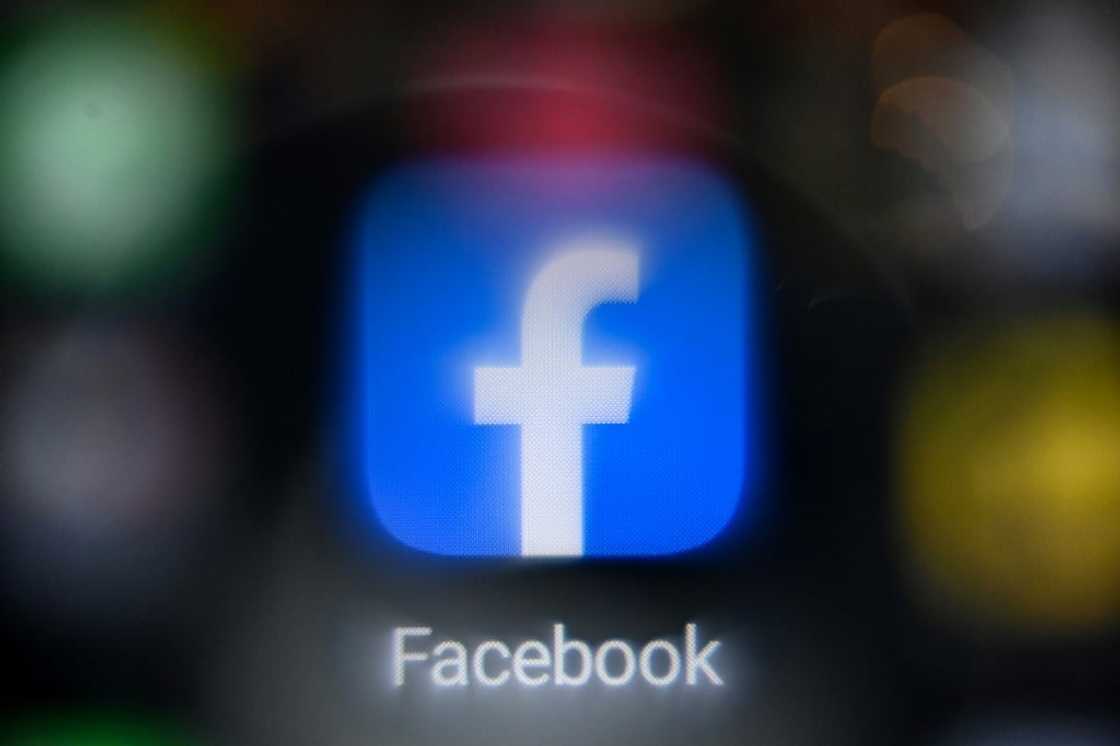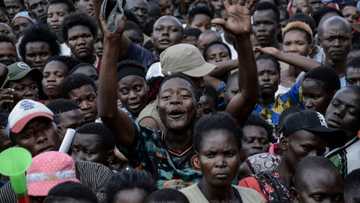Kenya watchdog issues ultimatum to Facebook over hate speech

Source: AFP
New feature: Check out news exactly for YOU ➡️ find “Recommended for you” block and enjoy!
Kenya's peace-building agency on Friday gave Facebook a seven-day deadline to clean up hate speech on its platform or risk suspension ahead of the country's hotly contested election next month.
The National Cohesion and Integration Commission (NCIC) said it had sent recommendations to Facebook's parent company Meta following a report that it allowed more than a dozen hateful political advertisements.
"If Facebook does not comply... we would recommend that Facebook utterly to be suspended from this country," NCIC commissioner Danvas Makori told reporters.
The NCIC is an independent ethnic cohesion watchdog set up after the 2007-8 post-election violence that left more than 1,000 people dead.
Its recommendations followed a report by advocacy group Global Witness and UK-based legal activist firm Foxglove that Facebook had accepted and broadcast at least 19 ads calling for rape, slaughter and beheadings in both English and Swahili languages.
"Our position is very clear, this country is bigger than a social media company or an entity," Makori said.
"We will not allow Facebook or any other social media company to jeopardise national security."
AFP has reached out to Facebook for comment.
The NCIC does not have the powers to suspend Facebook but can make recommendations to the government's Communication Authority.
Kenyans will on August 9 elect not only a new president but also several hundred members of parliament and about 1,500 county officials.
With its diverse population and large ethnic voting blocs, the East African powerhouse has long suffered politically motivated communal violence around election time, often blamed on hate speech.
Tech behemoths, including Facebook, have faced accusations of doing little to clamp down on a long list of banned content, from hate speech to disinformation and child sexual abuse images.
An undercover expose by UK media revealed that Cambridge Analytica, a British consulting firm, used the personal data of millions of Facebook users to target political ads and spread misinformation during Kenya's 2013 and 2017 presidential campaigns.
AFP is a partner of Meta, providing fact-checking services in Asia-Pacific, Europe, the Middle East, Latin America and Africa.
New feature: check out news exactly for YOU ➡️ find "Recommended for you" block and enjoy!
Source: AFP



